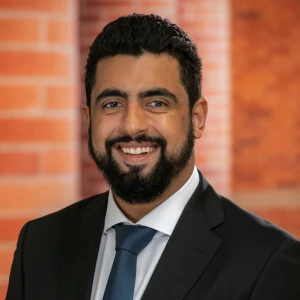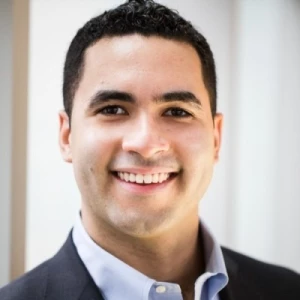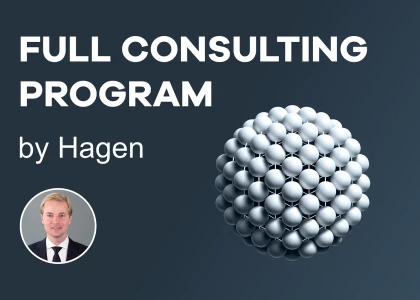Hi all,
Final year UK PhD candidate here at target university, conducting research in energy storage technologies and deployment policy multi-scalar implications (first research of this kind at the moment). I am a trained architect, with industry experience, as well as experience working on multi-million live research projects (gained during my PhD).
I am very interested in joining MBB (London) in strategy consulting, due to the very dynamic nature of the job and the chance to utilise my expertise in renewables, but have a few questions regarding my non-traditional background, and would be grateful for your insight.
Is not having a business/management background (MBA) a serious drawback? If so, how much would this impact my chances of being considered for later interview stages?
- Due to the nature of my research, I gained extensive qualitative skills, and although I have studied higher maths (and competed in regional contests), I don’t hold official degrees/qualifications (MSc/BSc etc). Would brushing up on my maths, taking up quantitative courses on modelling, and doing intense case study prep be enough to increase my chances of landing an interview?
Thank you all in advance!
















